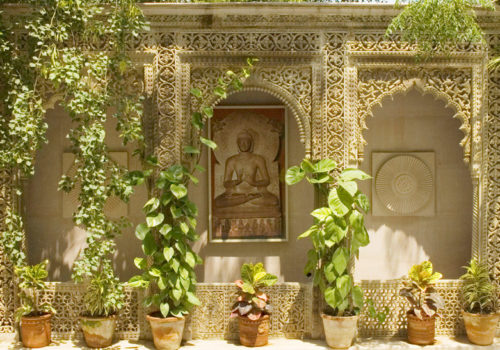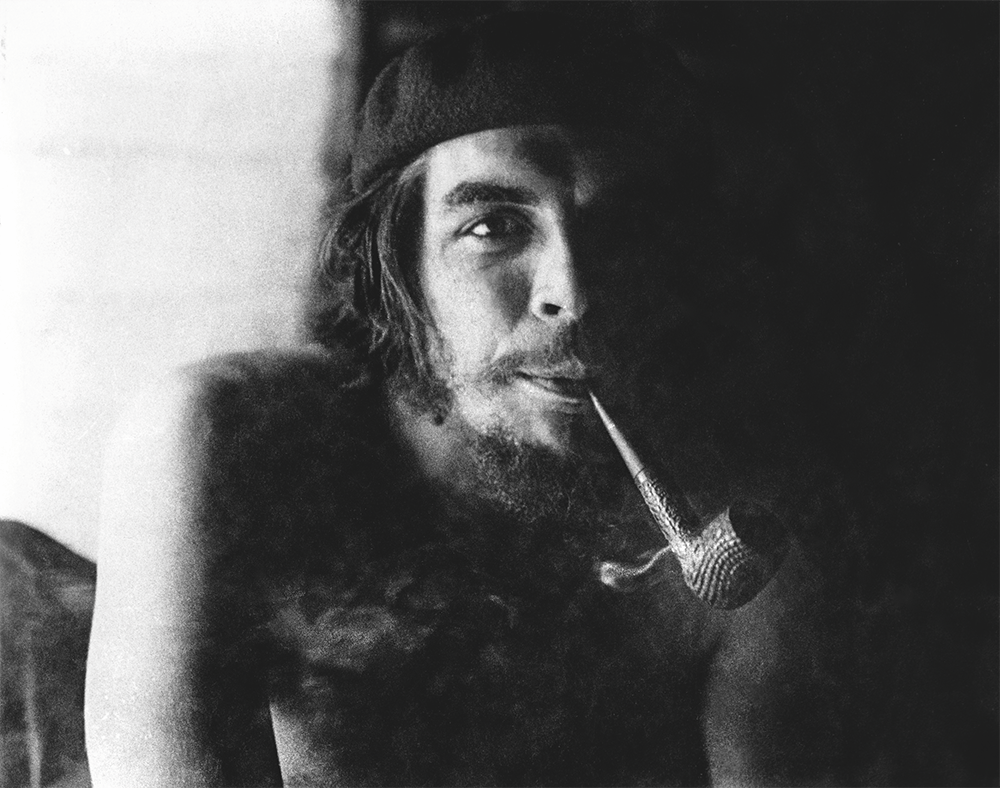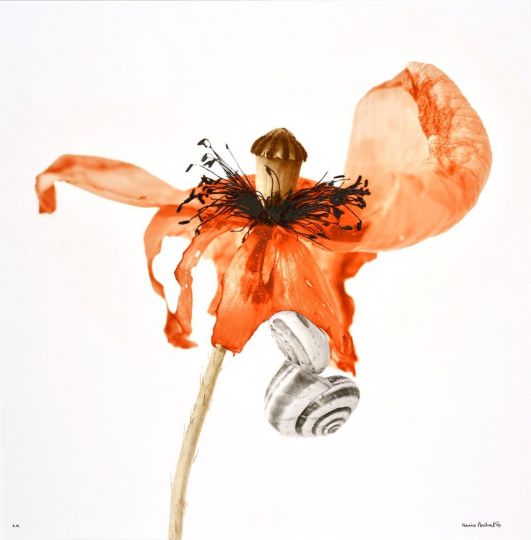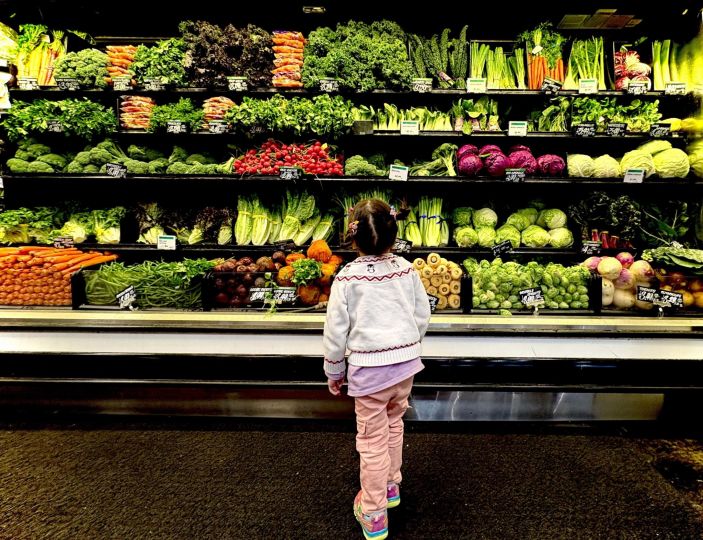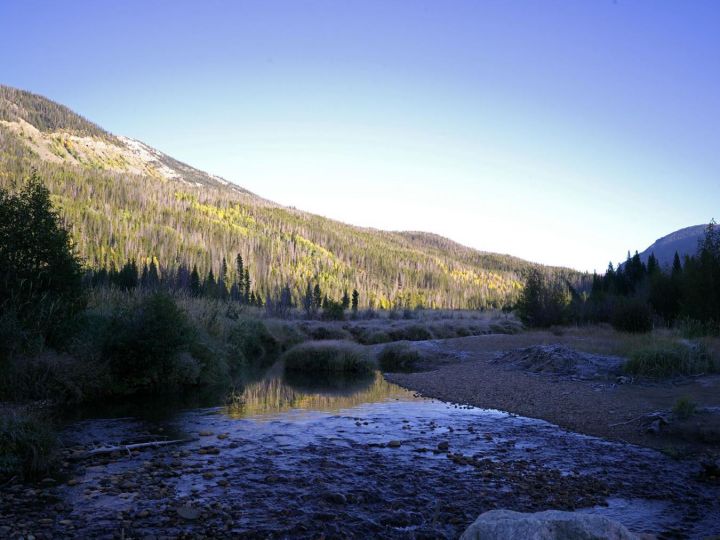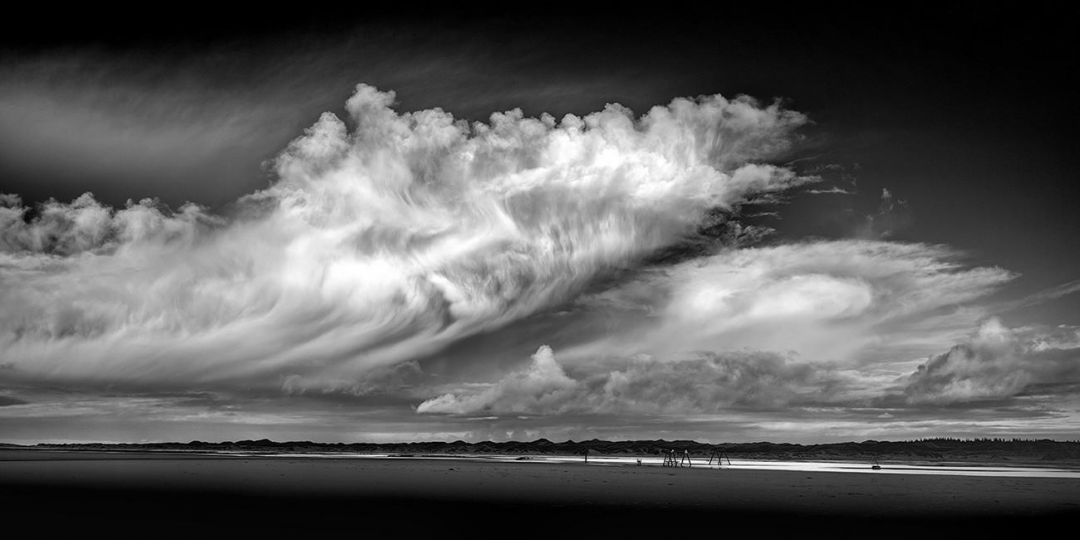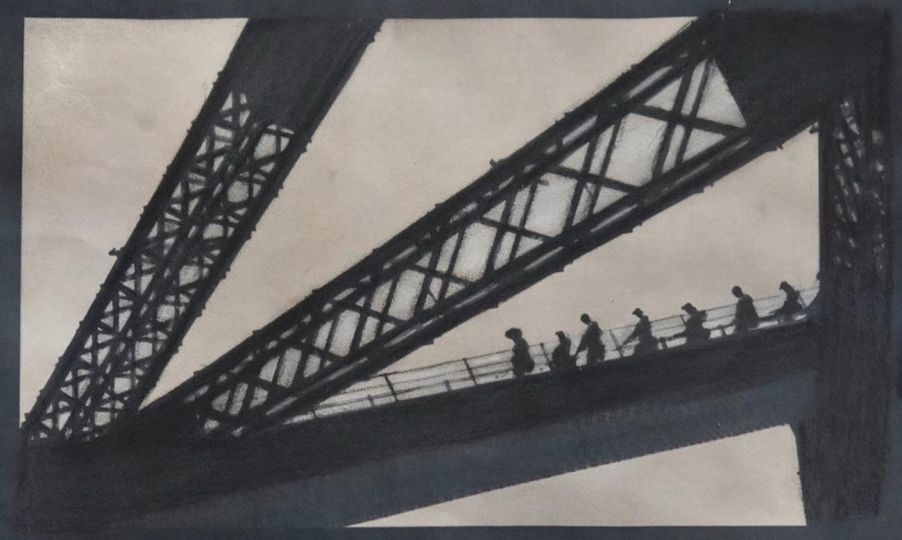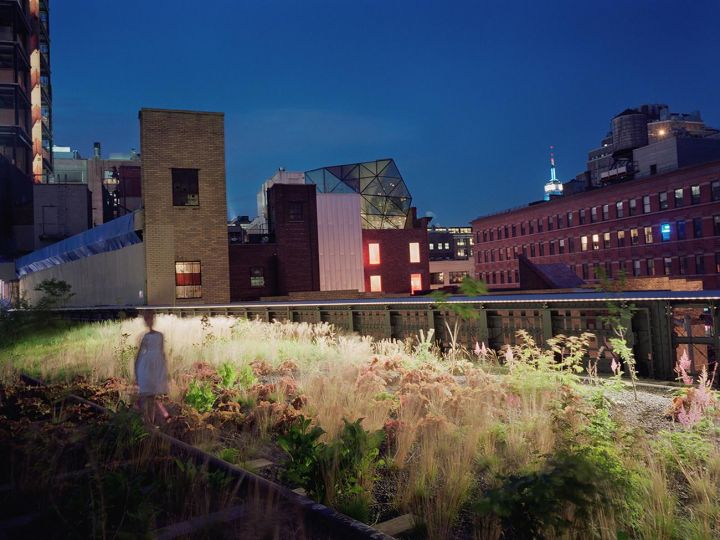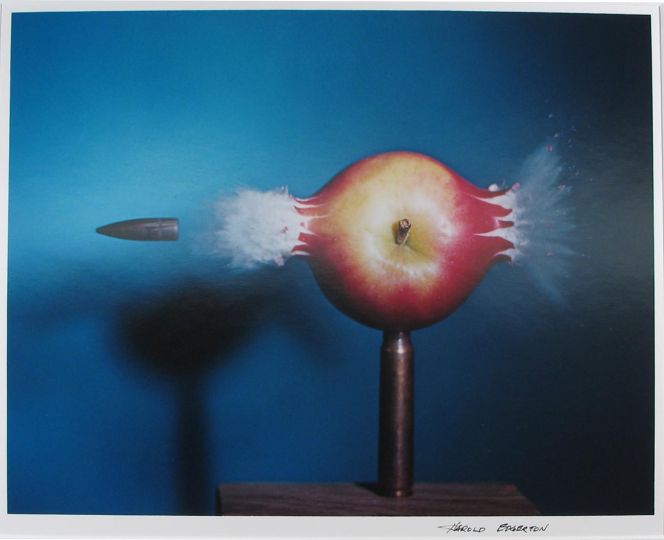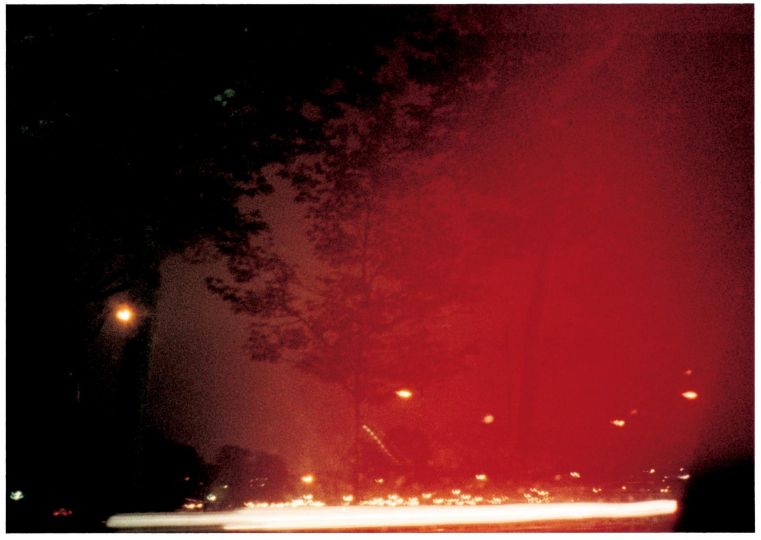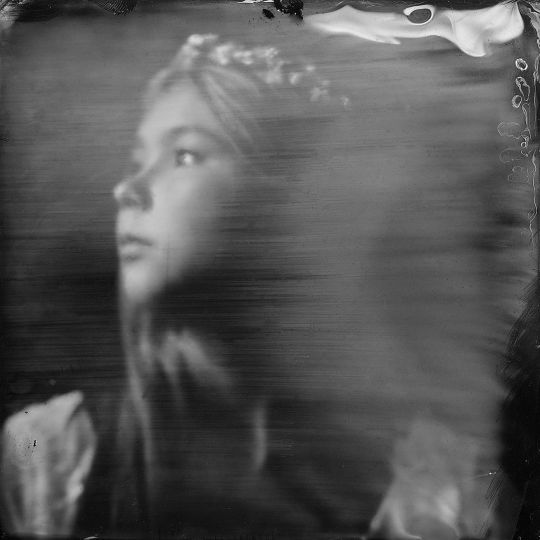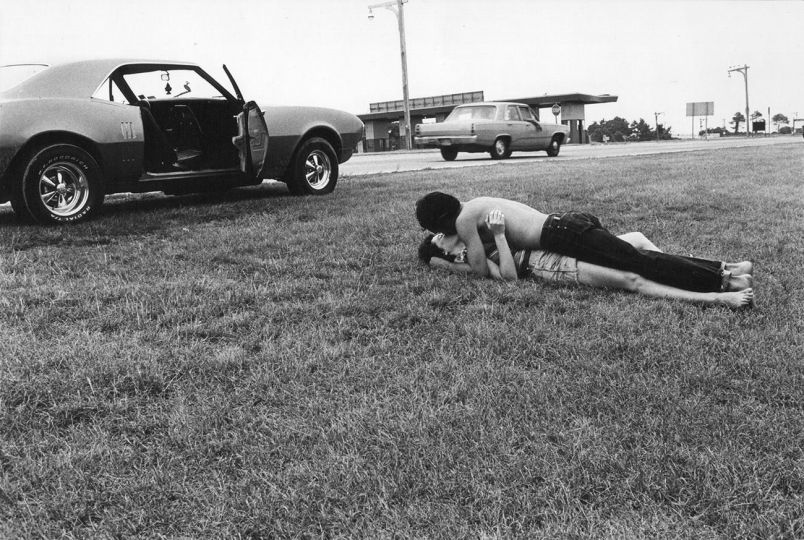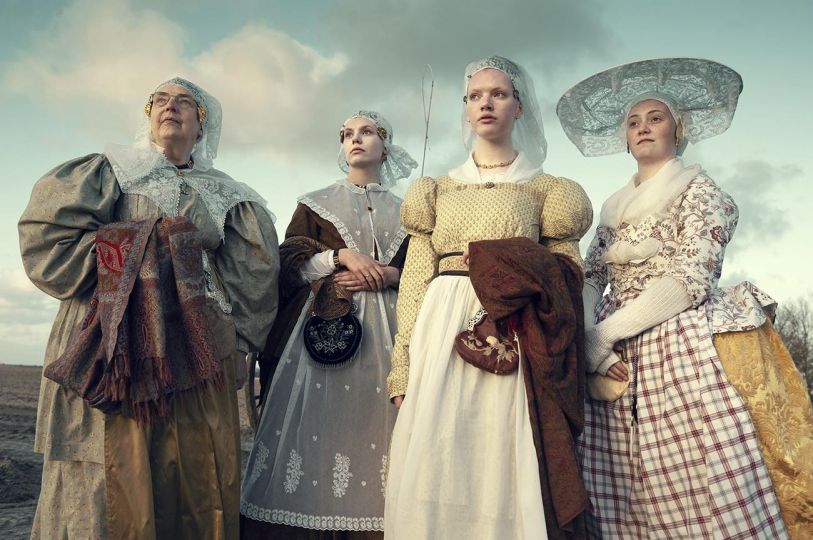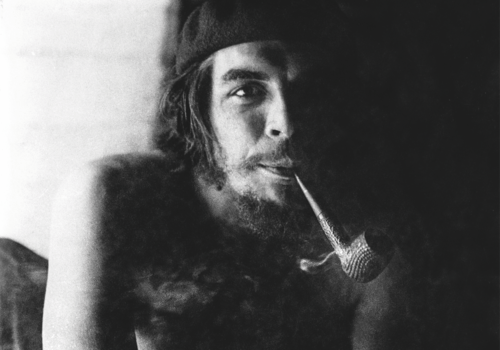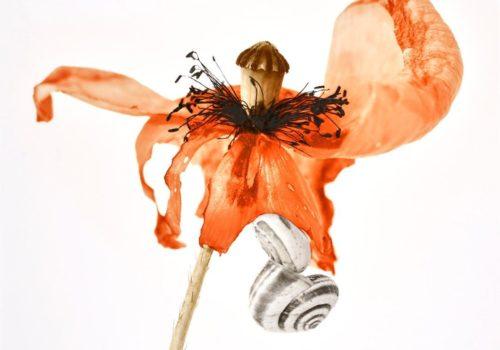The Alkazi Foundation, situated in the quiet residential neighborhood of Greater Kailash in South Delhi, is a unique place in India. It keeps the memory of the country in the form of photographs. To learn more about the foundation’s activities and projects, I met one mild fall morning with its director, Rahaab Allana.
Tell us about the foundation.
R. Allana : The foundation was created in 2006 by Ebrahim Alkazi, the famous Indian theatre director and professor, gallery owner, art collector and philanthropist.
The collection holds 95,000 prints, negatives and albums, which are preserved and restored here. The foundation is also a place of study, with its own library open to students and researchers. We consider it essential to promote research on India’s photographic heritage, especially among younger generations.
You organize numerous exhibitions both in India and abroad.
R.A : In 2010 in Delhi, we presented an exhibition of the first female Indian press photographer, Homai Vyaravalla, which was later on display in Mumbai and the Rubin Museum of Art in New York.
Our current exhibition is Mastering the Lens: Before and after Cartier-Bresson in Pondicherry. In addition to photographs of Pondicherry taken in the 19th and 20th centuries, the exhibition also features photos taken by Cartier-Bresson during his 1950 trip to the Sri Aurobindo ashram in the company of Mirra Alfassa, known as Mother. She founded the utopian city of Auroville in 1968. Cartier-Bresson photographed daily life at the ashram, and his pictures are a valuable and lively document of this period. After opening at the Alliance Française in Delhi, the exhibition was presented in December in Pondicherry.
Finally, we continue to exhibit Dawn Upon Delhi: Rise of a Capital. After Delhi and Mumbai, the exhibition will move to the National Gallery of Modern Art in Bangalore. It features more than 250 photographs, maps and engravings tracing the city’s evolution from before 1911 (when the capital of India changed from Calcutta to Delhi) into the post-independence years.
This interview has been edited and back-translated into English from the French. Rahaab Allana’s responses do not necessarily represent his actual words.

